4 Things You’ll Learn in Billy Graham: An Extraordinary Journey
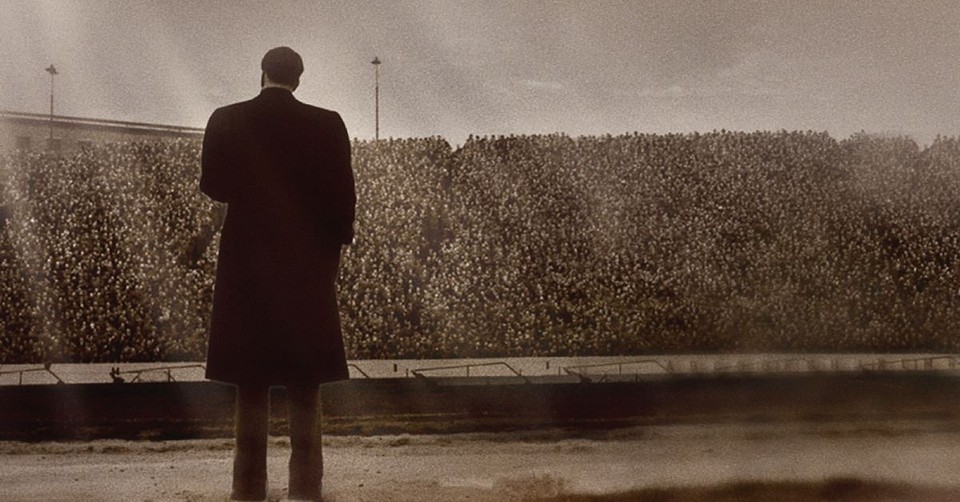
Billy Graham conducted his first evangelistic crusade in 1947, his last in 2005 and in between preached the Gospel to more than 200 million people in 50-plus countries.
Making a one-hour documentary about Graham’s life may sound daunting, but a new film out on DVD and streaming platforms does just that. Titled Billy Graham: An Extraordinary Journey, the documentary traces Graham’s life, from his humble beginnings in North Carolina to his rise as the most famous preacher in modern history.
Graham died in February, just a few months short of what would have been his 100th birthday.
The documentary includes interviews with his family -- his mother, brother and children -- as well as with well-known people such as President George W. Bush, Tom Brokaw, Larry King, Charles Gibson, Diane Sawyer and Michael W Smith.
Here are four things you’ll learn by watching it:
Photo Courtesy: BGEA
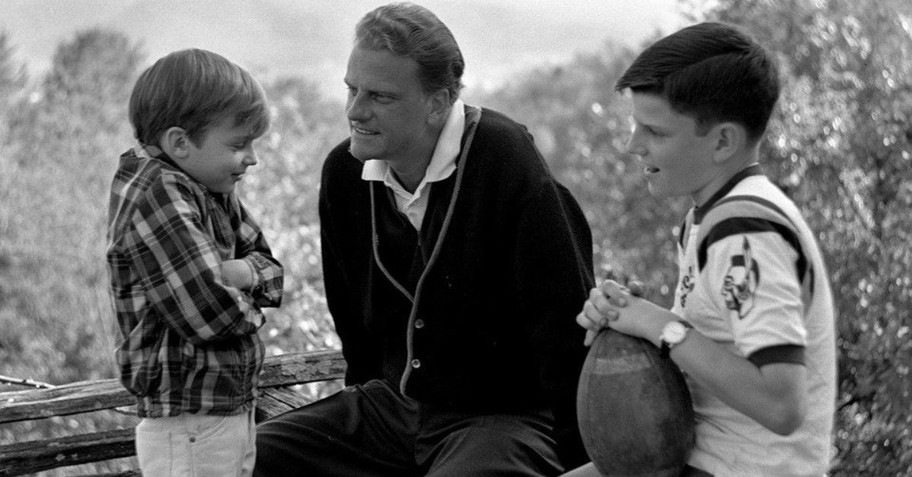
He Didn’t Set Out to Be Famous
It was just God’s plan. Graham was a relatively unknown 30-year-old-preacher at the 1949 Los Angeles Crusade when the media began flocking to hear him preach. William Randolph Hearst, a newspaper publisher, had sent a telegraph to editors to “Puff Graham.” Within days, his name was in newspapers across the nation.
As a boy, though, he rarely attended church and cared little about the things of God. He was saved under the preaching of Mordecai Ham.
“We knew then that the Lord had really gotten ahold of him,” his mother said in the film.
Graham’s foray into preaching had humble beginnings. Initially, he didn’t even give an invitation. But the first time he did, 11 people came forward.
“I said, ‘Lord, maybe you have given me a gift that I didn’t know,” Graham said.
Photo Courtesy: BGEA
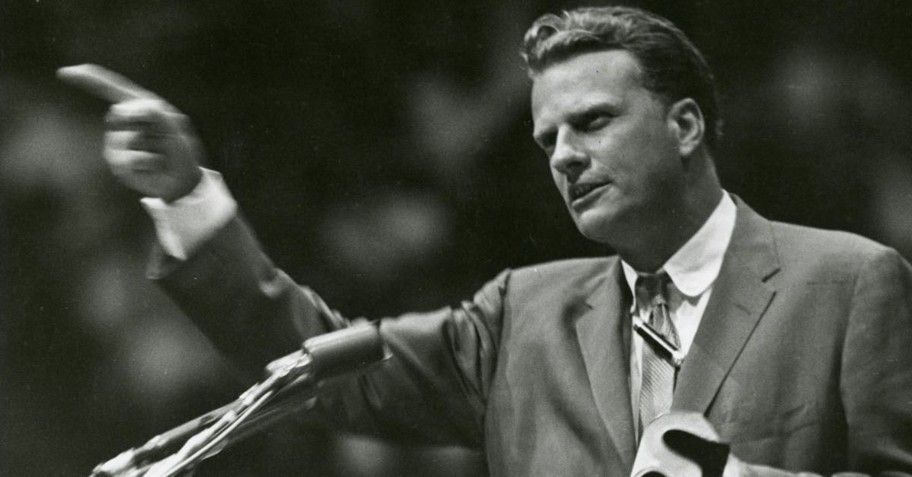
He Stood Up for Civil Rights
Graham’s popularity boomed during the era of segregation, yet he refused to let his crusades be divided between races. When local officials at one specific crusade refused to take down the ropes that split the white section from the black section, Graham walked down from the platform and removed the ropes himself. The head usher resigned. His stance on racial equality extended to South Africa, where he refused to preach unless meetings would be integrated.
“He was always willing to take a risk if it was for the right reason,” we hear in the film.
Graham believed that a relationship with Christ would lead people to have a change of heart and to treat people with love.
Photo Courtesy: BGEA
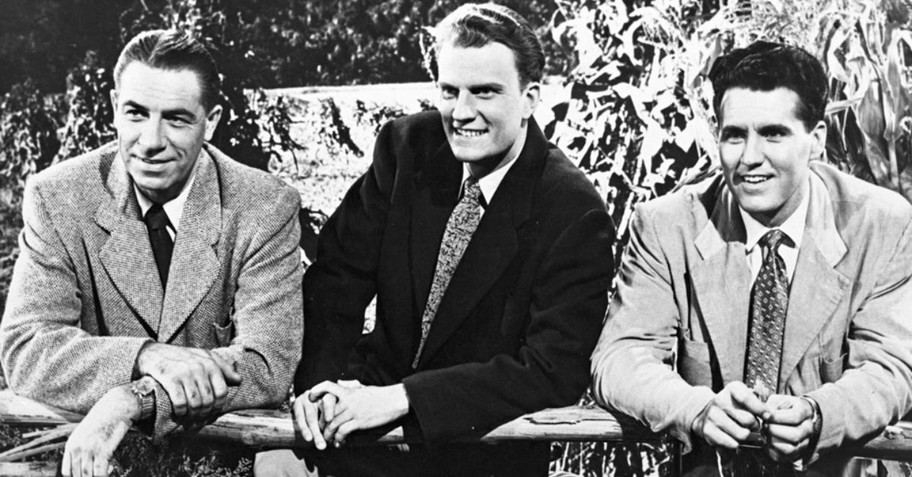
He Pushed Back against Theological Liberalism
As Graham was rising to prominence, his friends were engaging in a debate over the truthfulness of Scripture. He was at a crossroads and nearly was persuaded by their arguments.
But in 1949, Graham took a stance. Under dark, moonlit skies, he went into the woods so that he could be alone and pray. That night, Graham told God he didn’t understand everything in the Bible but that he would trust it anyway.
“I said, ‘Lord, this is your book. I’m going to accept it by faith.’”
Photo Courtesy: BGEA
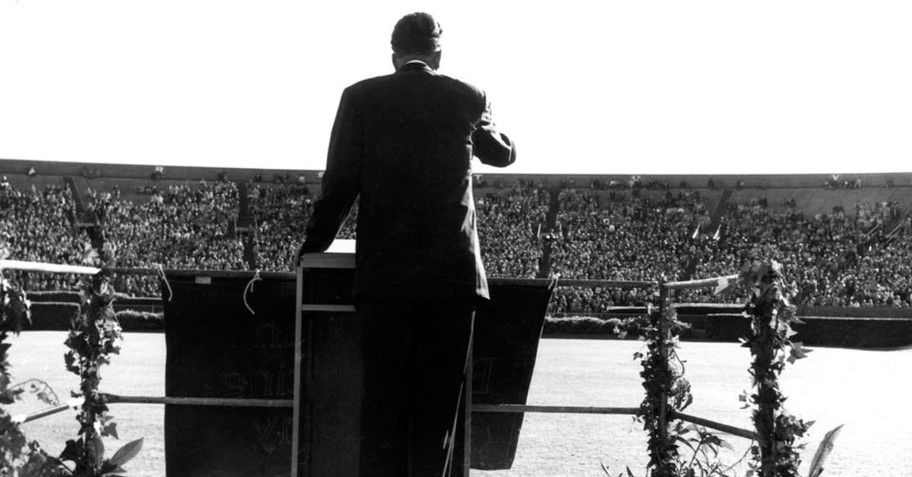
He Had a Hand in the Fall of Communism
By the early 1980s, Graham had preached in the Eastern Bloc Communist countries but hadn’t received an invitation to preach in the epicenter of communism -- the Soviet Union. That changed in 1982, when he was invited to speak at a religious leaders’ conference on the perils of nuclear war. The conference’s goal was to vilify the U.S.
Many experts in the U.S. felt Graham was being used as propaganda, but Graham still went. In the end, he didn’t speak on nuclear war. He instead preached a clear Gospel message -- a sermon that encouraged the local Christians. As the documentary says, the communists “didn’t know what to do with him.”
Said former President George H.W. Bush, “No question, Billy Graham, with other messengers who carried forth the Word, tipped the balance in the Cold War in freedom’s favor.”
Learn more at BillyGrahamFilm.org.
Michael Foust is a freelance writer. Visit his blog, MichaelFoust.com.
Photo Courtesy: BGEA
Originally published November 20, 2018.








